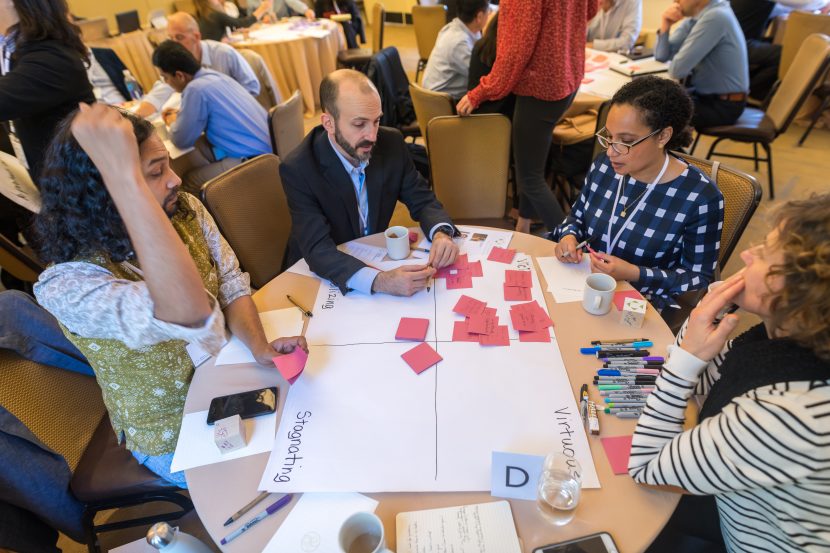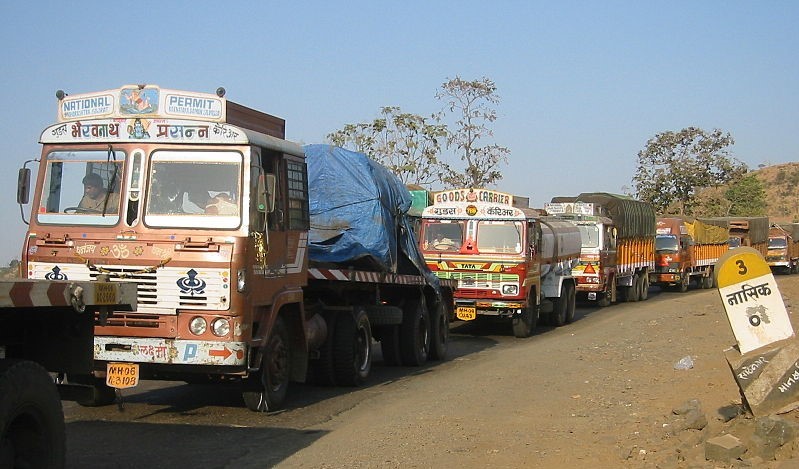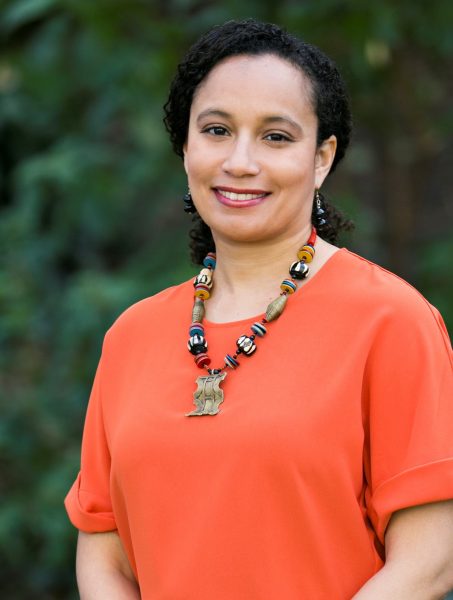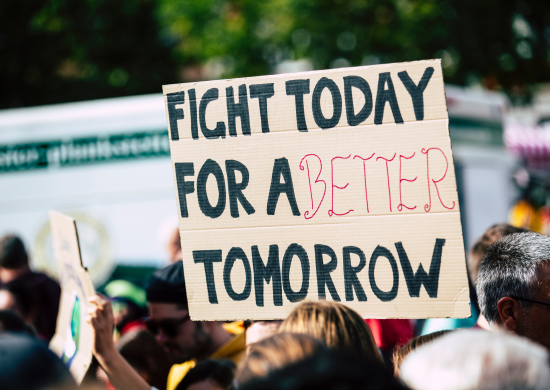The opportunity to both build healthy and sustainable communities today and ensure a safe and stable climate in the future is why I was interested in joining the Pisces Foundation’s Climate and Energy Program. Central to achieving this bold vision is building collaboration, a core principle at Pisces. What this looks like in the field came into sharper focus for me at the program’s 5th anniversary grantee convening in March. In one room, scientists, lawyers, organizers, engineers, and economists from around the world—some long-time collaborators, others new acquaintances—spared no time in identifying common priorities, sharing lessons learned, and bridging gaps in knowledge and experience.

I have been privileged throughout my career to work at the intersection of science, technology, and policy to improve air quality and mitigate climate change. From my training as an environmental engineer to my most recent prior position as the Chief Program Officer at the International Council on Clean Transportation (ICCT), I have learned that it is making that additional effort to work well with others that can yield the strongest results. In my new role, I hope to use these lessons learned to reduce the barriers to collaboration among our grantees and partners.
The Climate and Energy grant portfolio is designed to support existing collaborations and foster new connections. One example I am very familiar with is the strong linkage between the grantees working to reduce black carbon emissions from diesel trucks and buses in India, China, and Brazil. Shakti Foundation, Jhatkaa, Energy Foundation China, and the Institute for Climate and Society work with local organizations and government agencies to raise awareness of the impact of diesel truck and bus emissions on air pollution and to support the design and implementation of country-specific policy solutions. The ICCT provides objective technical analysis based on international best practices that not only directly informs policy making but also builds the capacity and increases the effectiveness of local organizations seeking the same outcome. Coordination at the strategic and tactical level allows for more effective implementation. Accomplishments such as the adoption of world class standards for diesel trucks and buses in India and the proposal of similar policies in China and in Brazil are a testament to this approach.

Collaboration is essential to delivering on the unique opportunity to establish policies and practices that will significantly reduce super pollutant emissions between now and the end of the decade. In fact, failing to reduce super pollutants at the same time as other climate change drivers such as CO2 would set us back, potentially irrevocably, from limiting global average temperature increase to 2⁰ C and avoiding the worst consequences of climate change. These reductions will also yield substantial improvements in air quality and public health, with thousands fewer premature deaths due to exposure to polluted air. Finally, mitigating super pollutants would take us a long way towards achieving many of the United Nations Sustainable Development Goals from improving water availability to better food security. As I settle into my new role, I look forward to working closely with our grantees to support connections that will yield greater collective impact leading to a world where people and nature thrive together.

About the Author
Prior to joining Pisces Foundation, Fanta Kamakaté worked at the International Council on Clean Transportation (ICCT) where she was chief program officer for five years, following seven years as program director. Throughout her career, Fanta has worked at the intersection of science, technology, and policy in service of environmental protection and public health. Click here to read Fanta’s full bio.



